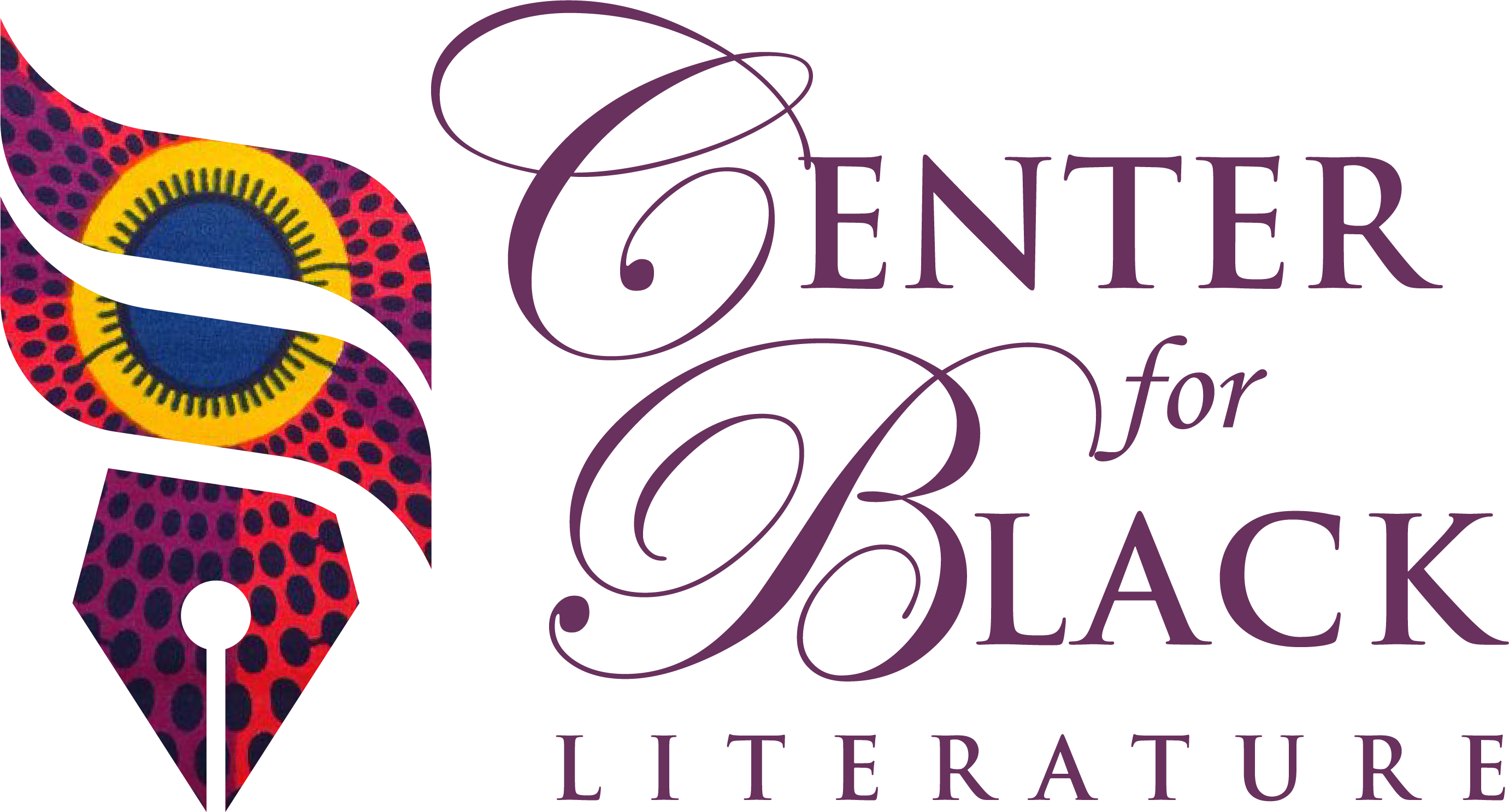By Keyshawn Jackson Allison | Attending the Theater and Film Black History Month event was an enlightening and inspirational experience. Prominent Black film and theater professionals Woodie King Jr., Carolyn Butts, and Mia Mask spoke at the event on February 16, 2023. After the three were done speaking, it left young creators like me inspired. Each of the speakers gave statements regarding their recent works, history, and how they assisted other young creators around them.
First, after an introduction from Professor Donna Hill and former chair of the English Department, Dr. Brenda M. Greene, the three panel figures began an interesting discussion about history and the importance of understanding the past. Woodie King Jr, who was born in 1937, has produced numerous inspiring plays with popular Black actors and creators we know today. Many of his plays touch upon the countless struggles that Black individuals have gone through from the past to the present. In relation to this idea, King commented about police brutality and discrimination, saying, “not much has changed.” This statement was elaborated through the discussion of a play he worked on known as The Torture of Mothers. The play revolved around the case of the Harlem Six, who were tried under controversial circumstances for the murder of two white shopkeepers in Harlem in 1964, and subject to notorious police abuses.
The importance of history was something King touched on multiple times throughout the panel. For example, he mentioned his past interviews with African American soldiers in World War II and his stance on the infamous Harlem Six case. He noted the importance of remembering such events as a motivation for his work. Carolyn Butts, publisher and founder of African Voices, and Mia Mask, author and professor of film at Vassar College, also picked up on these ideas. Mask’s and Butts’ perspectives were inspirational. All three of the panelists share a concern for offering opportunities to young Black filmmakers. For example, King has assisted many young filmmakers who now hold excellent jobs in Hollywood. Butts has provided many Black women opportunities in filmmaking since 1997. As a professor at Vassar College, Mask contributed to many programs to assist filmmakers. Their need for young black filmmakers to show their talent did not only show in their previous accolades but their answers to the questions received from the audience.
During the Q&A, two students asked the speakers what inspires them and how they view the future of Black filmmaking. Each of them gave interesting responses. King offered some tips for young filmmakers, advising them to make short films and practice using different lenses for different shots. Something that all three of the speakers agreed on was that young Black filmmakers need more opportunities to use the skills that we know they have. Inspiration was the main theme of this panel and the reason why I left inspired in my creative endeavors. The future has a lot to offer, particularly in the form of more opportunities for young Black filmmakers to answer their calling.

